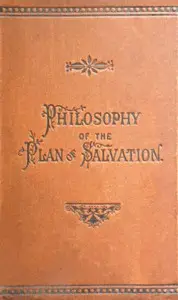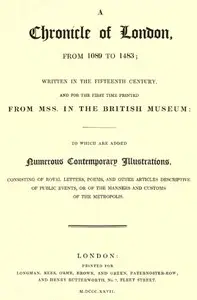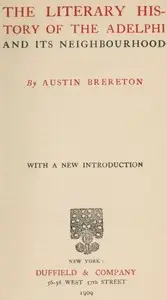"Salvation Syrup; Or, Light On Darkest England" by G. W. Foote is a sharp take-down of General William Booth's ideas to fix poverty and bad behavior using the Salvation Army back in the Victorian era. The book is like a debate, where Foote pokes holes in Booth's plans to help the poor, showing how Foote wasn't so sure that religion was the right answer to society's problems. Foote's writing picks apart the Salvation Army's beliefs and the way they did things, saying their enthusiastic ways wouldn't really make lasting changes. He felt that just giving to charity wouldn't fix the big problems of poverty, and that people needed real, smart solutions instead of depending on old-fashioned religious ideas.

Salvation Syrup; Or, Light On Darkest England
By G. W. (George William) Foote
In a time of poverty and religious fervor, a writer exposes the flaws in a plan that uses faith to solve society’s deep-rooted issues.
Summary
About the AuthorGeorge William Foote was an English radical journalist, writer, editor, publisher, and prominent secularist. He was a leading advocate of freethought, founding and editing notable publications such as The Freethinker and The Secularist and co-founding the British Secular Union. Additionally, he ran a publishing business known as the Pioneer Press. Foote was convicted of blasphemy in 1883 for his satirical attacks on Christianity published in The Freethinker and sentenced to a year in prison. He authored over eighty works, mainly polemical pamphlets, with his editorial essays from The Freethinker compiled into Flowers of Freethought (1893–94).
George William Foote was an English radical journalist, writer, editor, publisher, and prominent secularist. He was a leading advocate of freethought, founding and editing notable publications such as The Freethinker and The Secularist and co-founding the British Secular Union. Additionally, he ran a publishing business known as the Pioneer Press. Foote was convicted of blasphemy in 1883 for his satirical attacks on Christianity published in The Freethinker and sentenced to a year in prison. He authored over eighty works, mainly polemical pamphlets, with his editorial essays from The Freethinker compiled into Flowers of Freethought (1893–94).



















